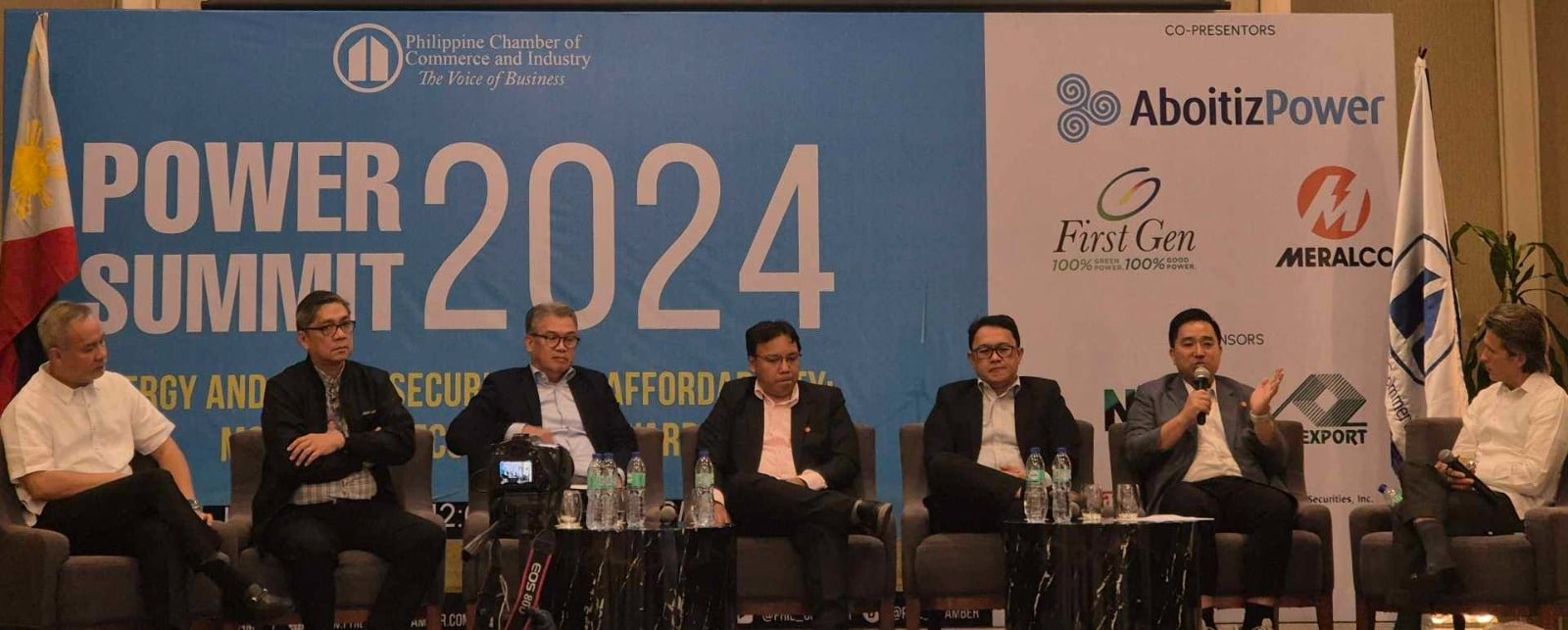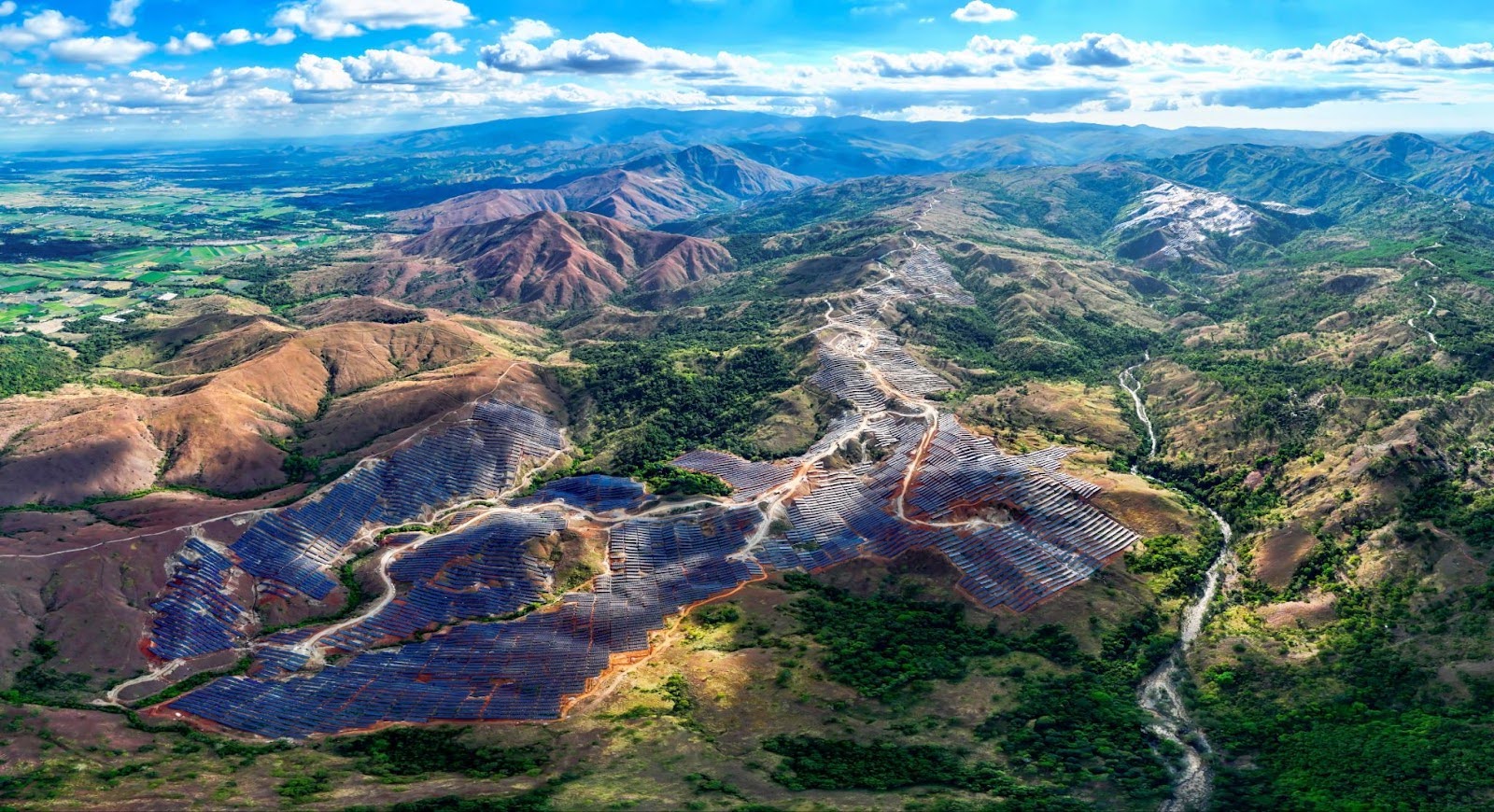Pragmatic conversations needed amidst uptake of more renewable energy – exec
MANILA, Philippines — More nuanced conversations on energy transitions and net-zero are needed to deliver reliable and cost-competitive solutions to end-users, an Aboitiz Power Corporation (AboitizPower) executive said, addressing a tendency to rely on an “incomplete accounting” of how variable renewable energy (VRE) are appraised.
During the Asia Clean Energy Forum 2024 at the Asian Development Bank’s headquarters in Metro Manila, AboitizPower Chief Corporate Services Officer Carlos Aboitiz explained how the levelized cost of electricity (LCOE) only captures the cost of renewable energy when the sources are available.
“Often, we hear pronouncements that renewables are cheaper than their fossil fuel counterparts. And when paired with the understanding that they are also cleaner, this results in a ‘zero-downside’ conclusion that we should immediately shift from fossil fuels to renewables,” Aboitiz said. “[But] LCOE does not provide an apples-to-apples comparison.”
A full accounting incorporates the costs of running the electrical grid reliably 24/7, which will consider the price of the technologies and capacities used to fill the demand gap and minimize the intermittencies of VRE.
In his presentation, he emphasized how balancing the priorities of energy security, affordability, and decarbonization are challenged by “the lack of economic alternatives to fossil fuels today; the expanding demand for energy; and the absence of a constructive, fact-based dialogue in supporting sustainable and equitable progress.”
Meeting the projected 6.6% annual increases in Philippine electricity demand from 2020 to 2040 is seen as a necessary precondition for lifting Filipinos out of poverty through jobs and livelihoods that depend on an uninterrupted, reliable, and secure power supply.
While agreeing that VRE capacities should be expanded to decarbonize the grid, Aboitiz maintained that it should be viewed as a “part of the energy mix” and “not the lone and primary solution.” Addressing VRE’s weaknesses solely with energy storage systems can increase the system cost, hence necessitating the utilization of other generation technologies — even non-renewables — to make up for the production fluctuations of VREs like solar and wind and provide sufficient operating reserves.
Making the case for a gradual transition in developing and low-emitting countries like the Philippines, Aboitiz further asked: “given the lack of economic alternatives to fossil fuels today, are we willing to give up some of the features of our modern society? Are those that have enjoyed these luxuries at the expense of our global climate willing to give up more than those that haven’t?”
“Holding all countries to the same standards is no longer useful. It ignores the imbalances in wealth, value, and responsibility that exist, and this impedes climate politics from advancing,” he said.
On research and development
In exploring future decarbonization technologies, Aboitiz observed that the Philippines lacks the human capital and supporting capital markets for its own research and development within the country.
“We do look to developed markets — Japan and others — to pioneer the technologies of the future that we’re going to need. In the Philippines, we’re here to deploy technologies that are commercially feasible and viable. When we can take the risk of deploying those technologies, we rely on other partners to de-risk the research and development and take that risk that’s involved in things like co-firing with ammonia and carbon capture,” he explained.
To recall, AboitizPower and its partner JERA Co., Inc. — Japan’s largest power generation company — are exploring multiple areas of collaboration, including the development of liquified natural gas supply chains, the exploration of ammonia co-firing, and the exchange of manpower and best practices.
READ: Aboitiz group boosting nonpower businesses
Last month, AboitizPower also announced its partnership with Thai company REPCO NEX to develop digital twins for the former’s coal-fired Therma South and Therma Visayas power plants in Davao and Cebu, respectively. Digital twins are virtual replicas of industrial assets that can mimic operational processes and systems, as well as detect faults and glitches earlier and in real time, all within a safe virtual environment.
“We need to define the problem better because if we define the problem poorly we risk wasting a lot of capital and energy and not achieving the progress that we aspire to achieve,” Aboitiz told the audience. “While we act concurrently, let’s strive to, through candid and fact-based conversation, figure out what the real problem is and understand the constraints of the solutions we have today.”

